Back to Basics: A closer look at the safety of our beauty routines | by
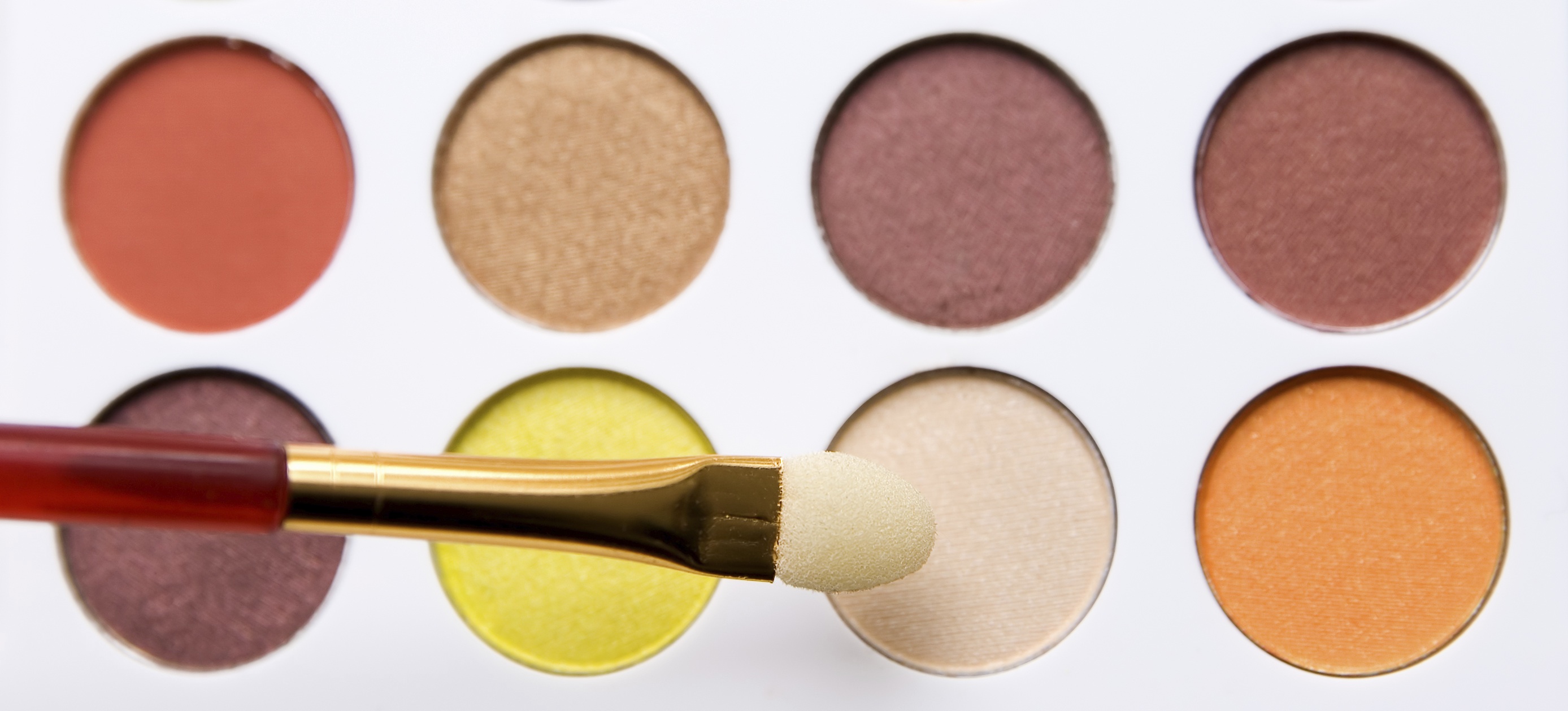
A small crowd of women gathers around Heather Baruch at the Denver farmers’ market as she demonstrates her skincare line, which is free of synthetic ingredients, preservatives and chemicals “A lot of people are skeptical of natural products and don’t believe they will work,” says Baruch, R.N., and co-owner of Taspen’s Organics, “but you can feel the difference.”
Baruch began paying closer attention to product labels after a simple dietary change dramatically improved her health. “I started questioning things,” she says. “It became important to me to have really clean products for myself and my family.” She began concocting personal care products at home and soon felt the need to share her creations and newfound awareness with others.
“Our skin is our biggest organ and much of what we put onto it can get into our bloodstream. It’s important to become more aware of the chemicals that are in most cosmetics,” Baruch says.
“Neither cosmetic products nor cosmetic ingredients are reviewed or approved by the Food and Drug Administration (FDA) before they are sold to the public”
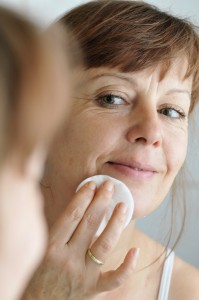 Beauty products and treatments are alluring and comforting. Sleek packaging, fresh scents, and seductive promises are easy to fall for. Not only important for hygiene, cleansing and pampering feel good. Many of us remain attached to our preferred personal care routines yet know little about the hard-to-pronounce ingredients they contain and expose us to. When you take a quick scan around the bathroom and count up how many products you regularly use, the amount of different ingredients that amounts to putting on your skin each day can be mind-boggling.
Beauty products and treatments are alluring and comforting. Sleek packaging, fresh scents, and seductive promises are easy to fall for. Not only important for hygiene, cleansing and pampering feel good. Many of us remain attached to our preferred personal care routines yet know little about the hard-to-pronounce ingredients they contain and expose us to. When you take a quick scan around the bathroom and count up how many products you regularly use, the amount of different ingredients that amounts to putting on your skin each day can be mind-boggling.
Current cosmetics laws have not been updated since 1938 and the majority of the more than 10,000 ingredients used in personal care products have not been tested for potential health impacts, making them some of the least regulated items you can buy.
“People think cosmetic products have to be proven safe before they are put on the market, but that’s just not the case,” says Margie Kelly, media manager for the Campaign for Safe Cosmetics and the Breast Cancer Fund. “Neither cosmetic products nor cosmetic ingredients are reviewed or approved by the Food and Drug Administration (FDA) before they are sold to the public and the FDA cannot require companies to do safety testing of their cosmetic products before marketing them,” Kelly says.
The Campaign for Safe Cosmetics is a national nonprofit coalition with a mission to protect the health of consumers and workers by eliminating dangerous chemicals from cosmetics. The Safe Cosmetics Act, which if passed would give the FDA the authority to ensure that harmful ingredients are kept out of personal care products, was recently reintroduced to the Senate. And awareness for the cause is growing. Even Wal-Mart recently committed to banning up to 10 toxic chemicals from personal care and cleaning products sold in its stores.
“Our main hope is that we get a bill that can gain bipartisan support and pass. It’s time to bring the beauty industry into the 21st century,” Kelly says.
Until the laws change and more conclusive evidence is drawn, consumers will have to evaluate the products they purchase and decide for themselves. And reading labels isn’t a guarantee. Claims such as natural, organic, hypoallergenic, etc. have no legal definitions and can be slapped onto any old bottle.
“And there are a lot of synthetic preservatives in skin care products too,” says Baruch. The terms ‘parfum’ and ‘fragrance’ listed on an ingredient label can represent several undisclosed ingredients— many of which are synthetic chemicals.
“Good skincare should help protect your skin— and make it feel good,”
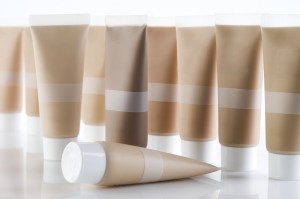 “There are a lot of things we don’t know enough about yet,” says Dr. Adrienne Stewart, dermatologist and principal at Aesthetic Surgery and Dermatology of Cherry Creek. “We need more science behind it so that we can learn more.
“There are a lot of things we don’t know enough about yet,” says Dr. Adrienne Stewart, dermatologist and principal at Aesthetic Surgery and Dermatology of Cherry Creek. “We need more science behind it so that we can learn more.
And while not all chemicals in cosmetic and personal care products are dangerous, some of the ingredients found in them have been linked to cancer, reproductive harm and other health issues. “We do know that formaldehyde is a carcinogen and is used in some nail polish products and hair smoothing treatments,” Stewart says.
Even when going more basic and natural with your beauty routine, Stewart cautions that you can still have allergic reactions. “You should always be careful of what you’re putting on your skin.” She recommends doing a patch test when trying something new. “The inside of your wrist and your neck are good areas to test— and you always want to do two tests because often it’s not until the second time you come into contact with something that you react to it.”
When it comes to caring for our skin, nails and hair, it’s easy to get wrapped up in relying on the promises certain products make. However, taking care of our whole selves with a balanced diet, sun protection, exercise and stress management is an integral part of any beauty routine.
“Anything you can think of that’s good for your heart is also good for your skin,” says Stewart, who recommends a diet high in antioxidants. “Foods that have a high-glycemic rating, like starchy, sugary foods from a package, can lead to inflammation. Opt for more low-glycemic, unprocessed foods like fresh vegetables and fruits.”
In addition to a good diet, anything we can do to cut down on the stress in our lives will help us to have better skin. “Stress and hormonal changes can lead to skin issues, including more wrinkles,” Stewart says. And don’t forget about the sun. “Sun damage can lead to increased wrinkles and decreased elasticity and collagen in the skin,” Stewart says. “Everyone needs daily sun protection, especially here in Colorado where we are at such a high altitude.”
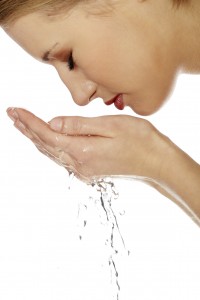 Stewart also emphasizes the importance of giving skin a chance to recover at night. “With everything we put onto our skin and all of the environmental pollution we come into contact with, it’s really important to wash your skin at the end of the day and to remove all makeup.”
Stewart also emphasizes the importance of giving skin a chance to recover at night. “With everything we put onto our skin and all of the environmental pollution we come into contact with, it’s really important to wash your skin at the end of the day and to remove all makeup.”
As we age, staying adequately hydrated becomes an increasingly crucial aspect of maintaining healthy skin. “Hydration is key,” says Baruch. “It’s a huge component of caring for aging skin— I drink plenty of water and use a hydrating, chemical-free moisturizer on my face and neck.”
Baruch encourages all her customers to become more aware of what’s in the personal care products they love to use. “A lot of people don’t think to read the ingredients— or to question what those ingredients are. But we don’t know how these chemicals can affect our bodies over time and it’s important to pay attention.
Kelly recommends keeping your personal care routine basic and seeking out more information when you’re concerned about certain products or ingredients. “When people want to learn more about what’s in their beauty products, we refer them to resources such as the Environmental Working Group’s cosmetic database, ewg.org/skindeep, so that they can do the research they need to feel safe about what they’re putting on their skin.”
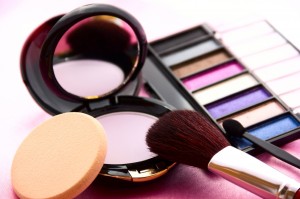 “Good skincare should help protect your skin— and make it feel good,” says Dr. Peggy Liao, dermatologist at the Denver Skin Clinic. Liao recommends avoiding the following common contact allergens, which also may irritate those with sensitive skin:
“Good skincare should help protect your skin— and make it feel good,” says Dr. Peggy Liao, dermatologist at the Denver Skin Clinic. Liao recommends avoiding the following common contact allergens, which also may irritate those with sensitive skin:
- Formaldehydes
- Fragrances
- Quaternium-15
- Thiomersal
- Benzalkonium chloride
- Neosporin
- Bacitracin
- Balsam of Peru
Leave a Comment
Please be respectful while leaving comments. All comments are subject to removal by the moderator.
